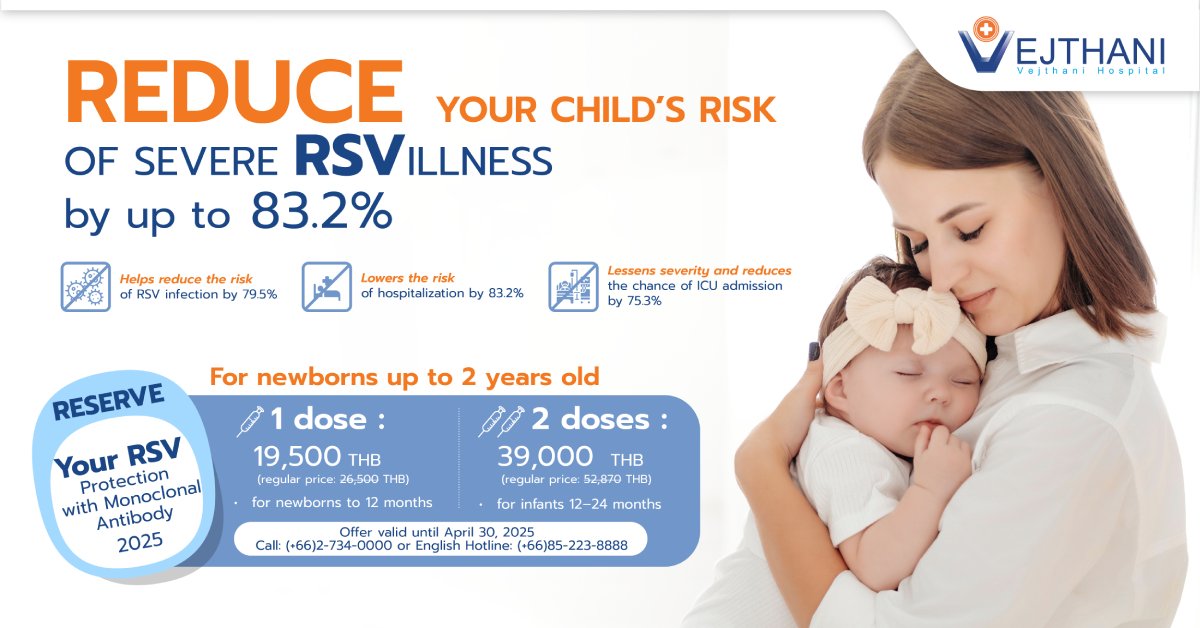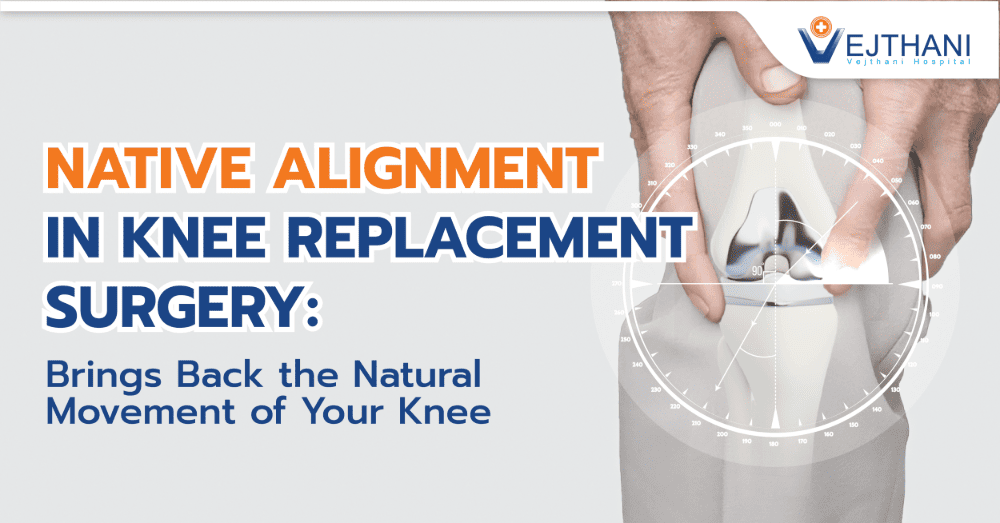
Heart transplant
Overview
A heart transplant involves replacing a failing heart with a healthier donor heart and is typically reserved for individuals whose condition has not sufficiently improved with medications or other surgical interventions. While the procedure is major, the chances of survival are generally favorable with proper postoperative care. To qualify for a heart transplant, one must be seriously ill despite medical therapy and meet stringent criteria due to the limited availability of donor hearts. Like all organ transplant surgeries, heart transplants carry inherent risks, necessitating lifelong medical care to prevent rejection and complications.
Reasons for undergoing the procedure
A heart transplant is considered a last-resort option for individuals experiencing end-stage heart failure, a condition characterized by the heart’s permanent damage or weakness, hindering its ability to effectively pump blood throughout the body. Common conditions leading to eligibility for a heart transplant include:
- Valvular heart disease: Conditions involving damage to heart valves.
- Cardiomyopathy: Diseases that harm the heart muscle, with causes ranging from infections to genetic factors.
- Congenital heart disease: Structural heart defects present from birth, some of which may progress to end-stage heart failure.
- Coronary artery disease: Blockages in heart arteries leading to irreversible damage due to heart attacks.
However, not everyone is a suitable candidate for a heart transplant. Factors that may disqualify an individual include:
- Advanced age: If an individual’s age is at a level that might impede the ability to recover from transplant surgery.
- Recent history of cancer: A recent personal medical history of cancer may impact eligibility for a heart transplant.
- Active infection: Individuals with ongoing infections are not ideal candidates for heart transplantation.
- Other life-limiting medical conditions: Presence of medical conditions, such as serious kidney, liver, or lung disease, that could significantly shorten life expectancy, irrespective of receiving a donor heart.
- Unwillingness or inability to adopt healthy lifestyle changes: If an individual is not ready or unable to make necessary lifestyle changes to maintain the health of the donor heart, such as refraining from recreational drug use, not smoking, and limiting alcohol consumption.
Risk
Heart transplant, in addition to risks associated with open cardiac surgery (bleeding, infection, blood clots), poses other potential complications:
- Rejection: The recipient’s body may reject the donor heart, necessitating strict adherence to medication and regular healthcare appointments to mitigate this risk. Rejection can be addressed with medication adjustments.
- Graft failure: The donor heart may fail, a common cause of death in the initial post-transplant months.
- Infection: Immunosuppressant medications increase vulnerability to infections, leading to hospitalizations within the first year post-transplant.
- Arterial problems: Cardiac allograft vasculopathy, involving thickening of heart artery walls, can lead to complications such as heart failure, arrhythmias, heart attacks, or sudden cardiac death.
- Medication side effects: Lifelong use of immunosuppressants may result in serious side effects, including kidney damage.
- Cancer development: Immunosuppressants heighten the risk of cancer, particularly non-Hodgkin’s lymphoma and skin cancer.
- Other complications: Potential complications include stroke, depression, pain, and delirium. Regular monitoring and medical attention are crucial to manage these risks effectively.
Before the procedure
Before undergoing heart transplant surgery, there are several essential steps in the process:
- Referral to a transplant program: Your journey begins with a referral from your healthcare provider to a heart transplant program.
- Transplant evaluation: Once referred, you undergo a comprehensive evaluation to ensure you have the best chance of long-term success.
- Medical evaluation:
- Blood and urine tests assess your overall health, including blood composition, immune system, kidney function, and substance use.
- Imaging tests like X-rays, computed tomography (CT) scans, magnetic resonance imaging (MRI), and echocardiogram provide detailed information.
- Diagnostic tests, including electrocardiogram (ECG), exercise stress testing, pulmonary function testing, heart catheterization, and holter monitor, check the function of your heart and related systems.
- Specific disease testing includes screenings for tuberculosis, HIV, hepatitis B and C, toxoplasmosis, herpes simplex virus, and varicella-zoster virus.
- Vaccination updates are crucial, managed with the help of an infectious disease specialist.
- Psychological and neurological evaluation: Testing is conducted to assess psychological and neurological aspects due to the potential stress and challenges of post-transplant life.
- Dental evaluation: Oral health is evaluated as oral infections can impact heart health.
- Addition to the waiting list: If you are deemed a suitable candidate after evaluations, you are added to the waiting list. Prioritization is based on current health condition and waiting time.
- Bridge treatment: While waiting for a transplant, bridge treatments aim to alleviate symptoms and maintain your health.
- Medications: Prescribed to influence heart function positively.
- Mechanical support: Devices like intra-aortic balloon pumps assist heart function.
- Left ventricular assist device (LVAD): Recommended if your heart is weak, providing temporary support to prevent organ damage.
During the procedure
Heart transplant surgery is a complex process involving the following key steps:
- Anesthesia: You’ll be given general anesthesia to ensure you’re in a deep sleep throughout the surgery.
- Ventilation: A tube is placed down your throat, connected to a ventilator, which assists with breathing while under anesthesia.
- Blood thinners: Blood thinners, like heparin, are introduced to minimize the risk of blood clots as your blood circulates through a heart-lung bypass machine.
- Heart-lung bypass machine: You’re linked to a cardiopulmonary bypass machine, taking over the roles of your heart and lungs, maintaining oxygen levels in your blood.
- Heart removal: The surgeon removes your diseased heart by clamping off its blood vessels.
- Donor heart implantation: The donor heart is sewn into place, connected to your major blood vessels. An electrical pacing device may be used to assist in starting the new heart’s beating.
The surgery, lasting several hours, involves an incision in your chest, separating your rib cage for access to the heart. Post-surgery, pain medication, ventilator support, chest tubes for fluid drainage, and IV tubes for fluids and medications are provided to aid recovery.
After the procedure
Initial recovery after heart transplant
Following a heart transplant, patients typically spend several days in the intensive care unit (ICU) for close monitoring before being transferred to a standard hospital room. The length of the hospital stay generally ranges from one to two weeks, depending on the patient’s individual circumstances.
Upon discharge from the hospital, patients are closely monitored by their transplant team. Due to the frequency and intensity of these monitoring visits, many transplant patients choose to reside near the transplant center for the initial three months post-surgery. Afterward, follow-up visits become less frequent, allowing for greater flexibility in travel.
Rejection monitoring and heart biopsies
The transplant team diligently monitors patients for signs and symptoms of organ rejection, such as shortness of breath, fever, fatigue, decreased urination, or weight gain. It is crucial for patients to promptly inform their transplant team if they experience any of these symptoms.
In the first few months after the heart transplant, when the risk of rejection is highest, patients undergo frequent heart biopsies to assess whether their body is accepting the new heart. The frequency of biopsies decreases over time as the risk of rejection diminishes.
During a heart biopsy, a thin tube is inserted into a vein in the neck or groin and guided to the heart. A biopsy device is then passed through the tube to extract a small sample of heart tissue for laboratory examination.
After a heart transplant, you will need to make several long-term lifestyle adjustments, including:
- Taking immunosuppressants: These medications suppress your immune system to prevent it from attacking the donated heart. You will need to take these medications for the rest of your life.
- Managing medications and a lifelong care plan: It is essential to take all your medications as prescribed by your doctor and to adhere to your lifelong care plan after a heart transplant.
- Maintaining a healthy lifestyle: Your doctor may provide specific lifestyle recommendations, such as wearing sunscreen, exercising regularly, eating a healthy diet, and taking precautions to reduce your risk of infection. They may also advise you to abstain from tobacco and recreational drugs and limit alcohol consumption.
- Attending regular follow-up appointments: Following all your doctor’s instructions, attending regular follow-up appointments, and promptly informing your doctor of any complications or symptoms are crucial for your long-term health.
- Participating in cardiac rehabilitation: This program, which combines exercise and education, can help you improve your health and recover after a heart transplant. Cardiac rehabilitation can assist you in regaining strength and enhancing your quality of life. You may begin this program even before leaving the hospital.
Outcome
Receiving a heart transplant can enable individuals to resume normal activities, including work, hobbies, and exercise, leading to a good quality of life. Some post-transplant women can conceive, but consultation with a doctor is crucial for adjusting medications to prevent pregnancy complications. Globally, survival rates have improved, with approximately 90% surviving after one year and 80% after five years for adult recipients, despite an increase in older and higher-risk cases.
Heart transplant surgery is complex, with recovery times longer than most heart surgeries. Hospital stays range from 10 days to three weeks, depending on the situation. Full recovery takes several months. Healthcare providers emphasize preventive dental care, vaccinations, and routine health screenings to maintain overall well-being.
Complications during home recovery may include fever, drainage from the chest incision, redness or warmth around the incision, a sensation of breastbone movement, or unusual sounds/feelings in the breastbone. Immediate medical attention is necessary for such symptoms.
Contact Information
service@vejthani.com






















